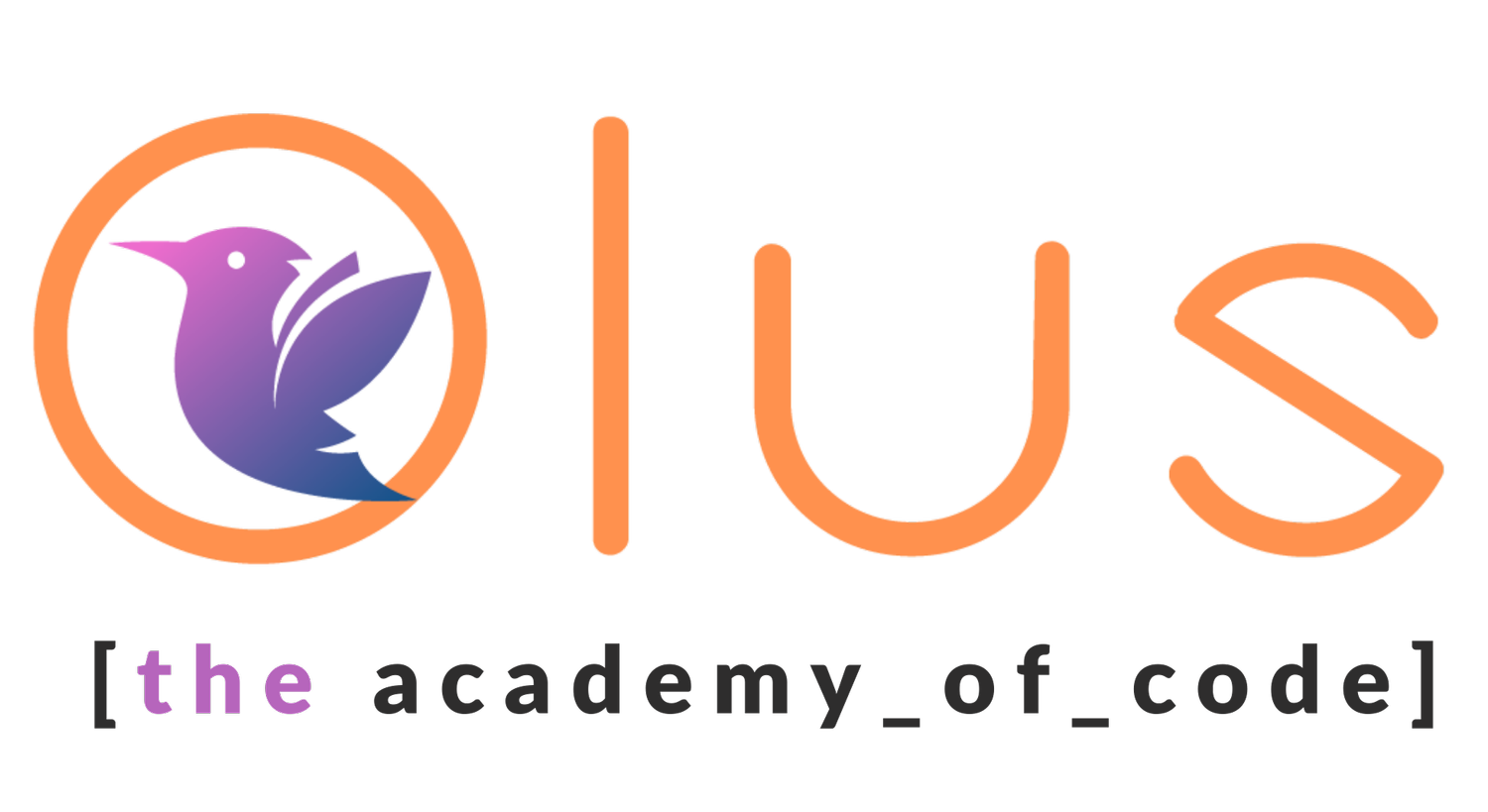It's been a long time coming, but with the publication by the NCCA earlier this month of a draft curriculum (PDF) it seems as if Leaving Certificate Computer Science might finally be close to becoming a reality. The current "fast track" timetable puts the first exam appearance by the subject in June 2020, meaning it will be available for those entering 4th year this coming September (or those sitting the Junior Cert this coming June and skipping Transition Year).
From our perspective, there's a lot to like about the proposal. The focus on practical applications is promising, and the 30% of marks allocated to coursework seems appropriate. There appears to be plenty of technical depth in the proposed curriculum, including study of CPU hardware, character sets, algorithmic complexity and sorting and searching algorithms. The course also includes a broader study of computers' impact on society, including sustainable development (this last part seems a little incongruous at first, but as part of a broader approach to including sustainability in all curricular strands it makes perfect sense).
There are also some areas we believe can be improved or need further work. Two in particular jump out at us from this draft of the curriculum proposal. The first is the heavy reliance on group work, which forms the backbone of the practical portion of the curriculum. It is envisaged that in this portion of the course “[s]tudents assume different responsibilities in each project, rotating between the roles of team leader, project manager, communications manager, and programmer”.
There are of course real benefits to group work, but it is our opinion that in the context of introducing computer programming to students for the first time it is counterproductive to give some students an “opt-out” from the coding portion of the assignment. Indeed it appears from the description that only a quarter of students will actually be coding during each 6 week project block. Even with rotation between the roles for each project, it is not at all clear to us that this approach will yield better educational outcomes than individual projects, and certainly not when that is measured in terms of computer science learning outcomes.
The second area in need of attention is not one which is within the scope of this recently published document, but it is an area which will ultimately the determine the success or otherwise of this initiative, and that is the actual delivery of this curriculum. It has long been our concern, backed by frequent communication with a wide range of schools, that most principals intend to either a) not offer the course at all, or b) press their physics/maths/technology teacher into service as a computer science educator. It is our strong view that neither solution is satisfactory.
The latter in particular could do serious damage to the reputation of the course, resulting in teachers delivering the course who, through no fault of their own, are neither skilled nor qualified to do so, and learning outcomes suffering accordingly.
We look forward to hearing what proposals will be brought forward to address this, and engaging with the NCCA and the Department of Education in developing solutions to address this problem.
Overall, with those small caveats out of the way, we are beyond excited that this step has finally been taken. It represents the culmination of literally decades of lobbying effort (for which the lobbyists in question are owed a debt of gratitude from us all), and a major leap forward for our education system. Getting student studying computer science at Leaving Cert level will inevitably broaden the range of individuals applying to proceed to third level education, as well as those who carry the skills of computer science into a wide range of other career tracks.
We look forward to being part of this bold new frontier in Irish education.


